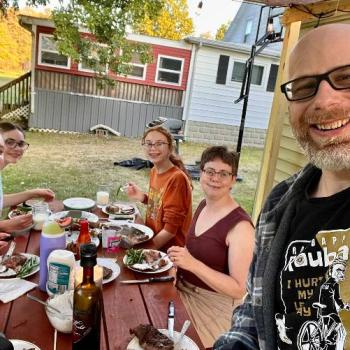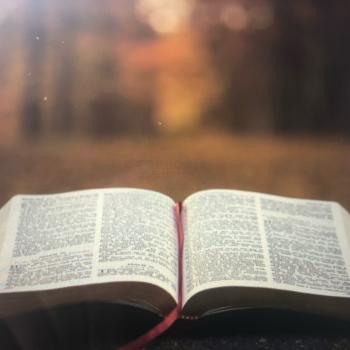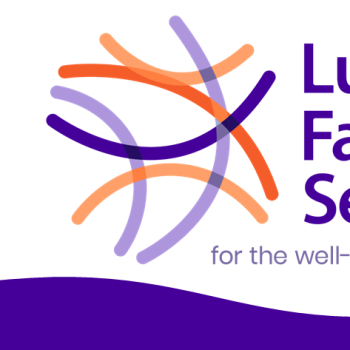16. E.g. Zohar III 216a; Tikkunei Zohar 6 (22b), 32 (76b) suggest three or four chances. Tikkunei Zohar 69 (103a) suggests that if even a little progress is made each time, the soul is given even a thousand opportunities to reincarnation in order to achieve its completion. Zohar III 216a suggests that an essentially righteous person who experiences the travails of wandering from city to city, house to house -- even to try to drum up business (Zohar Chadash Tikkunim 107a) -- is as if he undergoes many reincarnations.
17. The answer is that, yes, it's a possibility, Zohar II, 106a.
18. "After the soul has left the body and the body remains without breath, it is forbidden to keep it unburied (Moed Katon, 28a; Baba Kama, 82b). For a dead body which is left unburied for twenty-four hours causes a weakness in the limbs of the Chariot and prevents God's design from being fulfilled; for perhaps God decreed that he should undergo reincarnation at once on the day that he died, which would be better for him, but as long as the body is not buried the soul cannot go into the presence of the Holy One nor be transferred into another body. For a soul cannot enter a second body till the first is buried?" Zohar III 88b
19. Tikunnei Zohar 70 (133a). Later Kabbalists detail the circumstances that can lead to reincarnation in vegetative and even mineral form. Shaar HaGilgulim, Chapter 22 & 29; Sefer Haredim 33, Ohr HaChaim 1:26.
20. Bahir 122, 155, 184 and 185 also discuss reincarnation.
21. Genesis 38:8, Job 33:30
22. E.g., commentary to Genesis 34:1; his Taamei HaMitzvos (16a) says reincarnation is the secret underlying the ten Talmudic sages who were slaughtered by the Romans.
23. Commentary to Genesis 4:25, Deuteronomy 33:6.
24. His main works are the Etz Chaim (Tree of Life) and Pri Etz Chaim (Fruit of the Tree of Life), as well as the Shmoneh Shaarim (Eight Gates), which deal with everything from Bible commentary to divine inspiration and reincarnation.
25. Sefer HaGilgulim, "The Book of Reincarnations," by Chaim Vital is also an entire book devoted to the topic.
26. Commentary to Niddah 30b.
27. Commentary to the Book of Jonah, and many other places. For example, R. Meir Simcha of Dvinsk in Ohr Somayach, Hilchos Teshuva 5, s.v. v'yodati; R. Israel Meir HaKohen [the Chofetz Chaim] in Mishnah Berurah 23:5 and Shaar HaTzion 622:6; R. Yaakov Yisroel Kanievsky [the Steipler Gaon] in Chayei Olam.
28. Gehinnom refers, generally, to a limited-time (Edyos 2:10) experience in the afterlife where the soul is purged of its blemishes in a process, after all is said and done, described as painful, albeit cathartic. In a deeper sense, the calloused person is recompensed measure for measure. Just as he acted callously by sinning, acting as if God was not present, he is paid back by having to experience Gehinnom, a place, in contrast to Heaven, where God's Presence is in a way hidden, or at least not as open and free-flowing. (The name ‘Gehinnom' comes from the valley to the south of Jerusalem, known as the valley [Gei] of the son of Hinnom, where children were at one time sacrificed to Molech (II Kings 23:10; Jer. 2:23; 7:31-32; 19:6). For this reason the valley was deemed accursed, and Gehinnom thus became a synonym for Purgatory.




